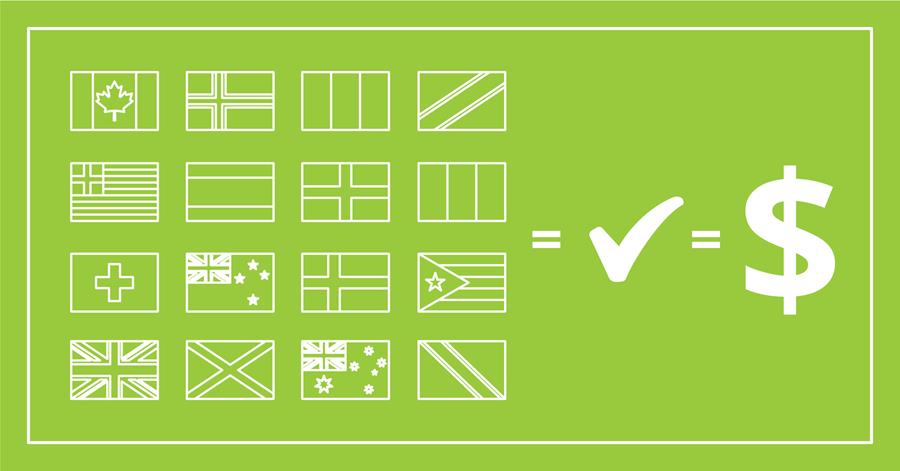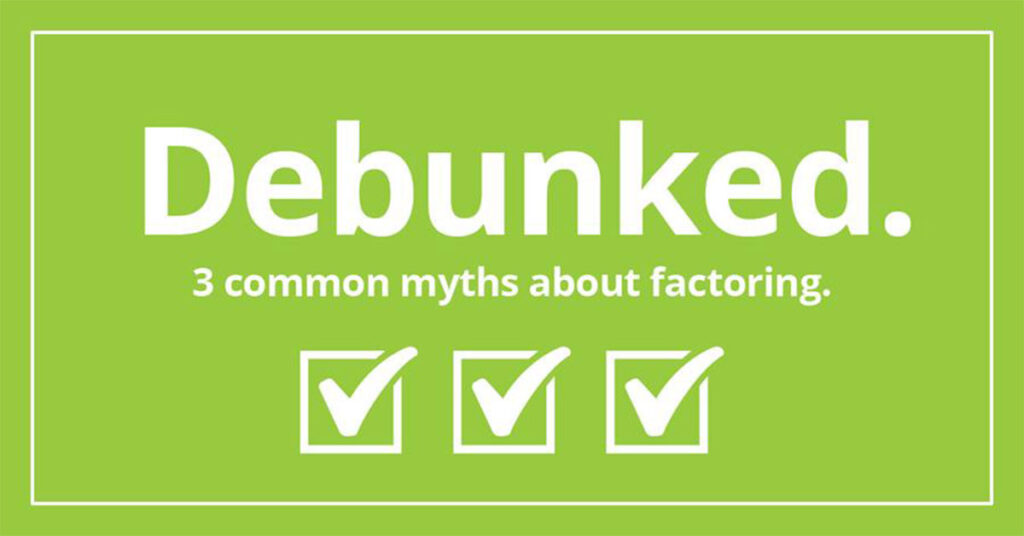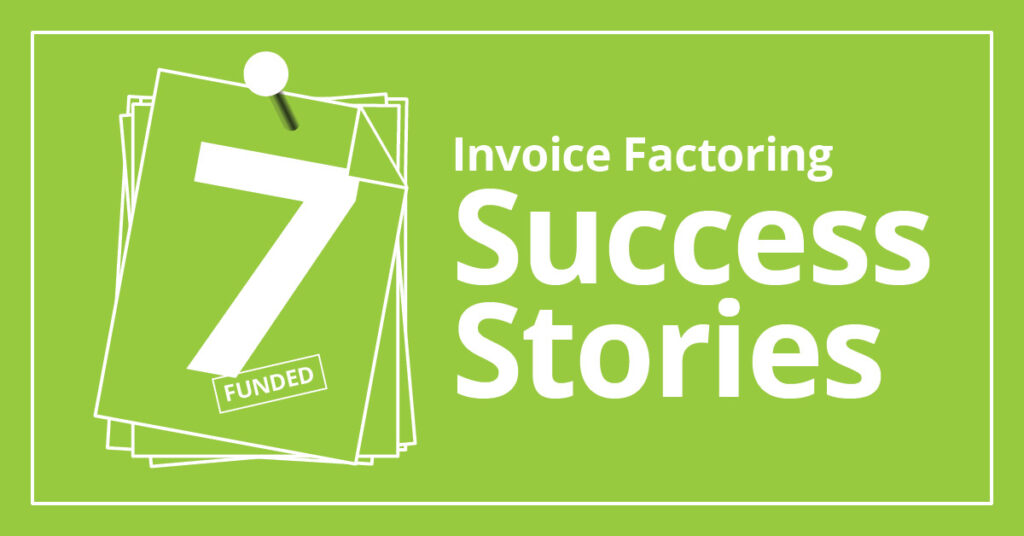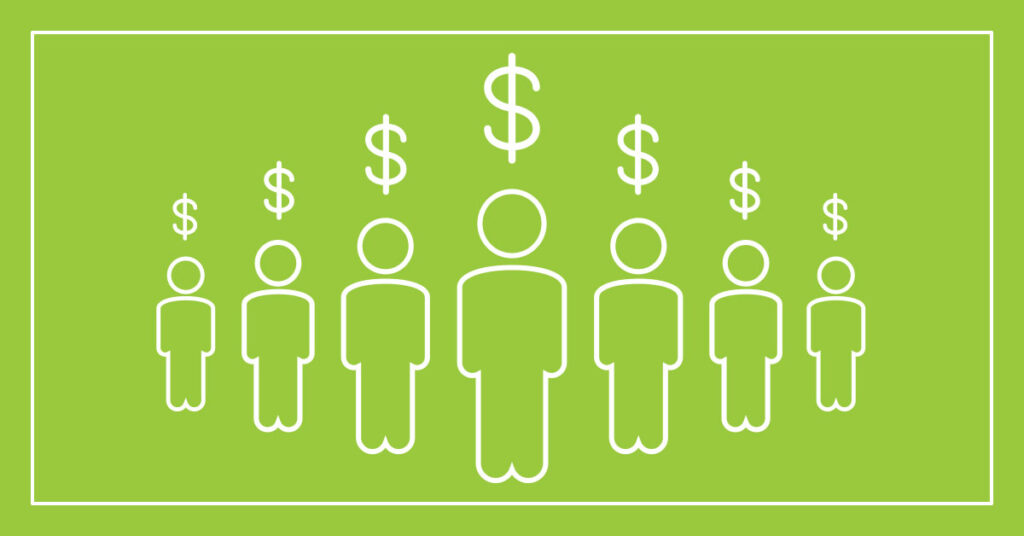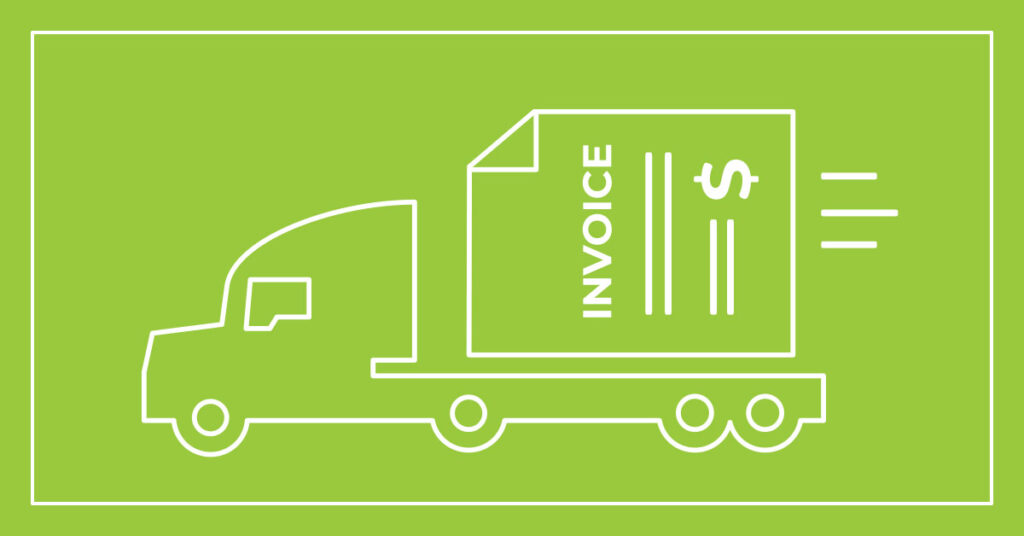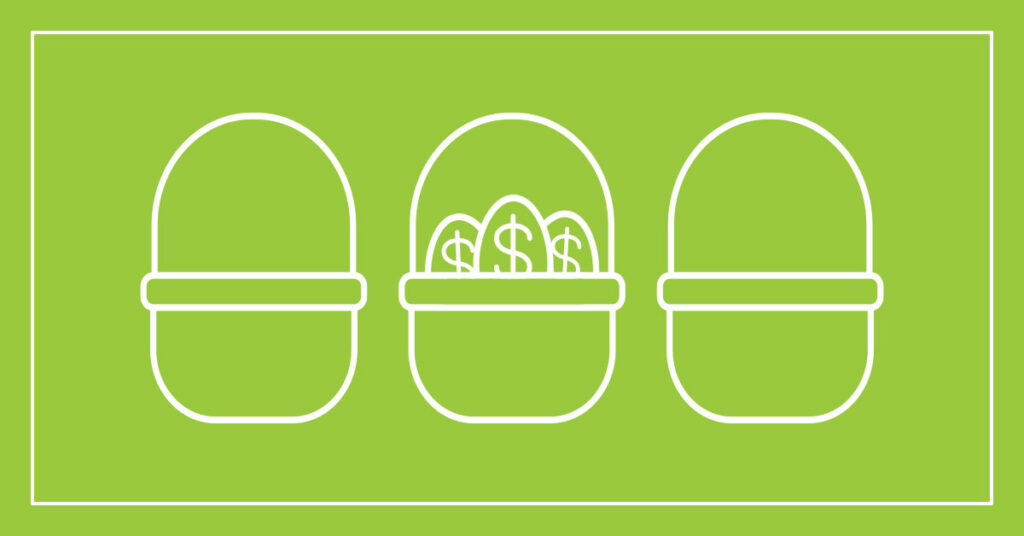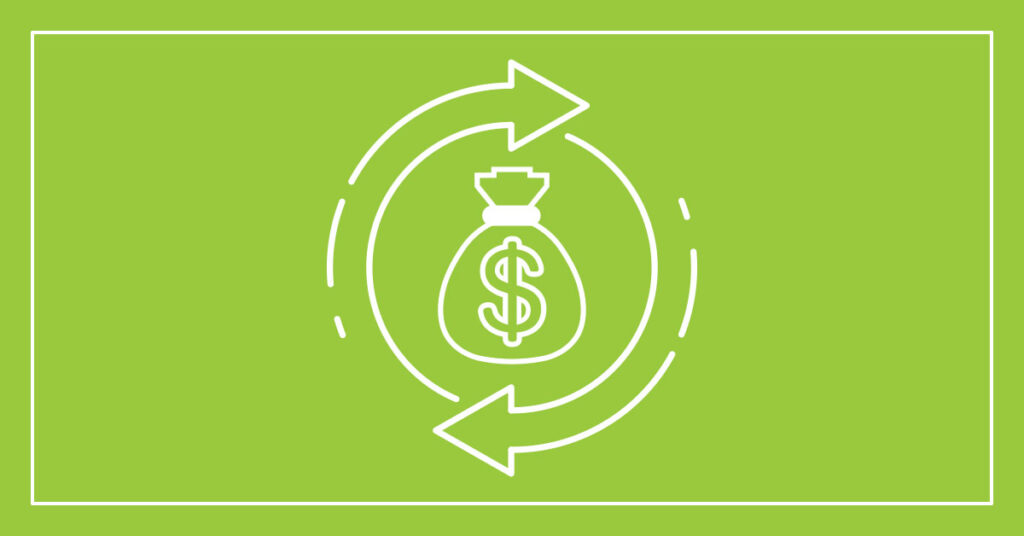FACTORING RESOURCES
Should I use an MCA for short-term financing?
Oct 2, 2022
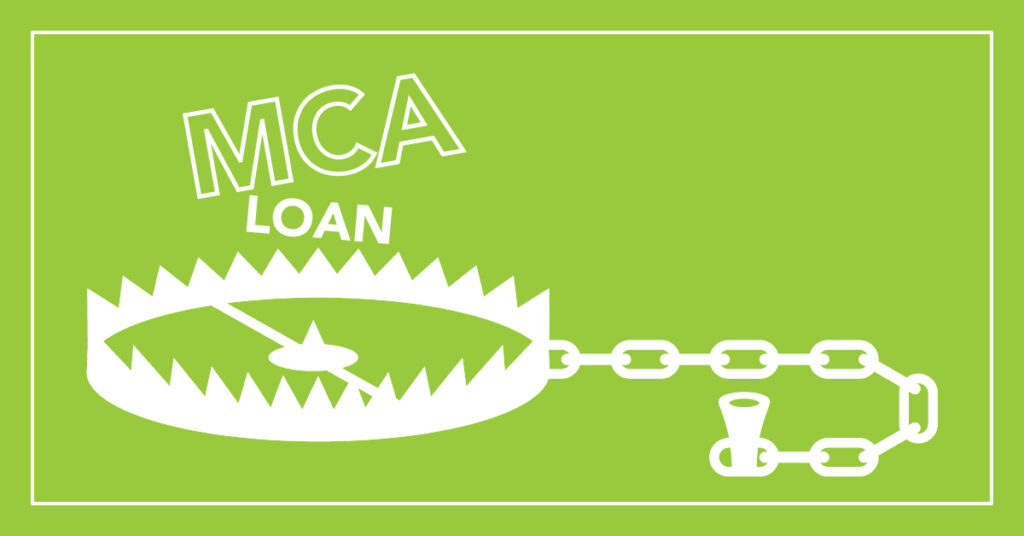
“Next-day funding” “Your business is pre-approved” “Create an account and get fast funding”
As a business owner, you are likely inundated with offers like these for business financing. Flyers in the mail, unsolicited email requests, pop-ups when you login to your accounting software; there’s no place for a business to hide from financial technology marketing efforts. As businesses are still reeling from several highly volatile years and as we are entering a likely recession, it might be intriguing to take up one of these offers.
We understand the need for fast working capital; we’re a factoring company after all. But many of these offers are what is known as a Merchant Cash Advance (MCA). In this article, we want to dive into what an MCA loan is and why we think you would only want to resort to it if you have no other options.
MCA Overview
What is an MCA?
An MCA loan is a short-term advance payment made based on past sales data. The amortization schedule is typically very short, often less than 9 months. Often an MCA might go by names like short-term business loan, automated loan repayment, or split funding.
How is an MCA repaid?
The MCA provider will put a lien on all or most of your assets. They will then make daily or weekly debits from your bank account, limiting your cashflow.
Can you pay off an MCA early?
There is a predetermined amount of interest, even if you pay it off early. In fact, some businesses are penalized with a higher APR if they pay the advance back too early.
What are the fees for an MCA?
MCAs are considered one of the most expensive forms of funding for a business, more than even traditional credit cards. APRs with an MCA can average 30-60%, and can be as high as 300%.
Can an MCA help my business’s credit?
No. An MCA is not a loan and none of the activity is reported to credit bureaus. It cannot help your business improve its credit.
How does an MCA loan differ from factoring? Aren’t both a type of advance?
Because MCAs are a type of advance based on past sales patterns, they are more unpredictable. If you think you are going to sell a certain amount and then don’t, but you’ve already used the money, you can get stuck in a bad cycle of repayment.
Invoice factoring, also known as accounts receivable funding, is a cash advance for an invoice your business generates for work already delivered. This type of advance is more reliable because you have already performed the services. Factoring simply gets you paid faster instead of waiting 30-90 days for payment. Additionally, the fees are much lower, averaging 1-2% for 30 days.
An MCA provider’s collection processes in practice
A recent company we were trying to provide financing to, let’s call them ABC Company, had taken out an MCA and went into default. Instead of giving ABC Company time to figure out a new repayment structure, the MCA hastily took action based on the information they knew about ABC’s customers. They drafted a letter to ABC Company’s largest customer demanding that customer not pay ABC directly anymore, but pay the MCA loan provider. This customer accounted for more than half of ABC’s revenues. The customer was not happy to be put in the middle of this financial situation. The interaction nearly terminated their working relationship. In then end, the MCA loan provider encumbered all of ABC Company’s assets, and they are currently not able to secure funding elsewhere.
Final Thoughts
We strongly encourage you to talk to your bankers and other financial partners before entering into any new type of financing, especially an MCA. It might seem like a small amount upfront or something that will tide your business over, but it can become a type of financing you can’t get out from under. In addition, make sure your current financial institutions or agreements do not prohibit the use of an MCA.

